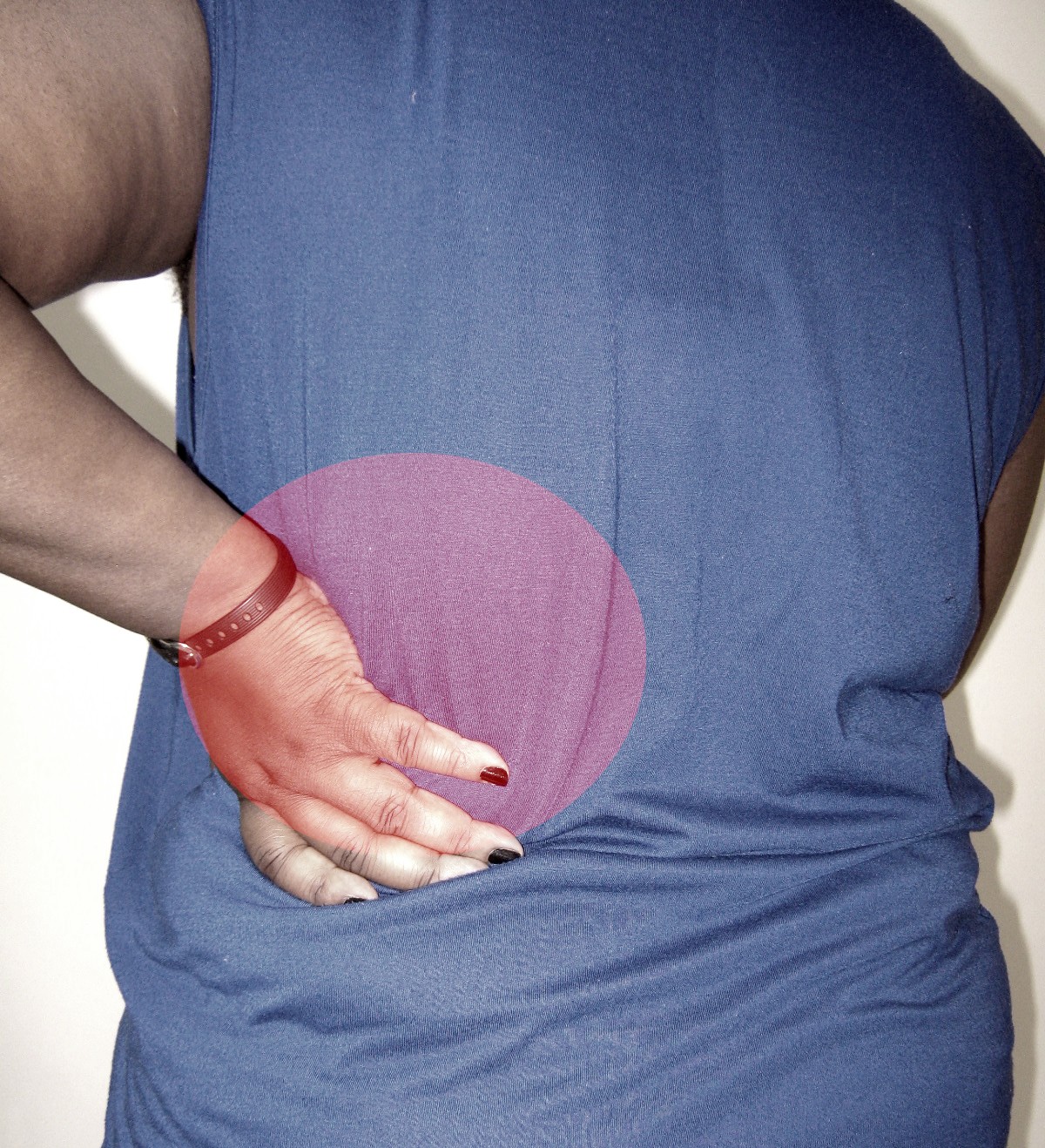
Pyelonephritis is bacterial infection of kidneys. This is a form of ascending urinary tract disease. Pyelonephritis is classified as acute and chronic. Interstitial area of kidneys is almost always affected with the disease while renal tubes do not have to be affected in all cases. Chronic form of the disease leads to scarring an eventually to chronic kidney failure. People who have had several attacks of acute disease and those suffering from vesicoureteral reflux are prone to chronic form of pyelonephritis.
The disease is believed to be caused by bacteria that originate from other parts of the body. Still it is more reasonable that pyelonephritis occurs after retrograde spread of bacterial infection which has first affected lower parts of urinary tract. Vesicoureteral reflux is predisposing factor of pyelonephritis. In this case urine is moving backwards from the bladder through ureter into the kidneys and cause damage. This condition mostly affects children if inherited and is surgically treated. Obstruction such as scarring in urinary tract or similar may lead to acquired reflux and pyelonephritis. The ratio between men and women who get the disease is 1 to 4.
The symptoms of the disease are similar in acute and chronic form of the disease. The infection starts with increased body temperature and chills. Patients suffer from pain in joints and muscles. In children pyelonephritis may lead to fever and abrupt seizures and alterations in mental status. The symptoms of urinary tract infection can be quite obvious and if present one may feel burning sensation while peeing increased urgency to urinate or frequent need to go to toilet.
Acute form of pyelonephritis presents with fast developing symptoms. The urine becomes dark and as the infection progresses the pain in kidney area occurs. This sort of pain is easily distinguished from the pain in renal colics because it is permanent and is located in one area without radiation to other body spots. Movements may enhance the intensity of pain.
In chronic form of the disease patient do not have to present any symptoms or signs until the acutisation of the disease. If the disease worsens the symptoms and signs are similar to those present in acute form of the disease. Still even in remission patient who suffers from chronic pyelonephritis may experience transient pain in kidney area. The worst thing that can happen is gradual progress of the chronic pyelonephritis over the years without any symptoms and signs which may point to the presence of the disease. This way patient ends up with failure all of a sudden without any previous warning signs.

















Your thoughts on this
Loading...